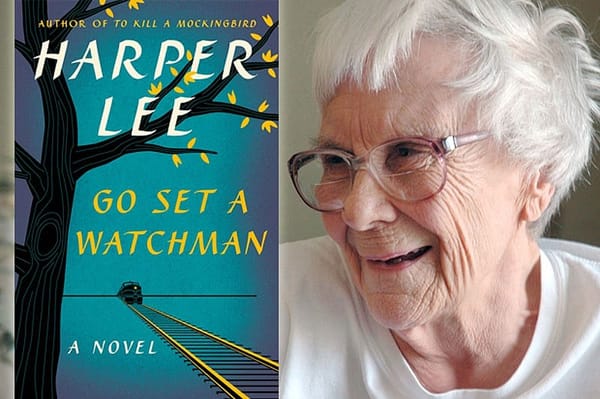Work is a blessing, not a punishment

In America today, too many people believe that work is drudgery — that only certain kinds of employment are ennobling or provide fulfillment. The notion that "hamburger-flipping" jobs and other kinds of low paying work lack value (popularly expressed during the presidential election of 1988 and reinforced by the media ever since) has far reaching consequences — for the next generation of American workers, for the poor, and for our economy.
We often hear, for example, that today's young people (even those with college degrees) are not workplace ready — that they lack fundamental skills or any sort of work ethic.

